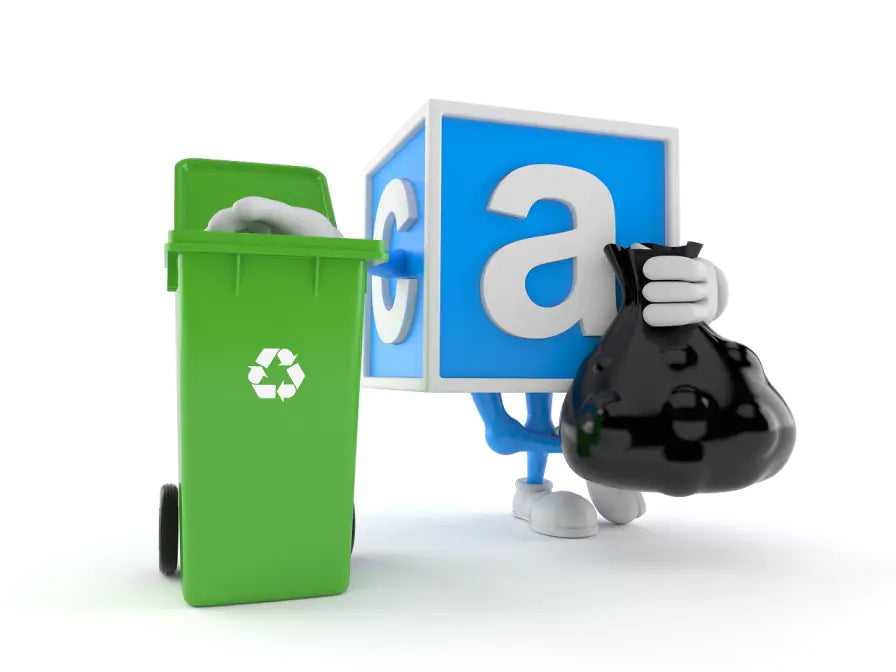OR
Express Checkout

In this series of blogs, we’re going to look at rubbish. From the good to the bad and downright ugly, we’ll be looking at everything you ever wanted to know, from A right down to Z.

First there was Blue Planet II, and now it seems like we see endless headlines about the terrible extent of litter in our oceans. Marine litter is a global problem, and it continues to worsen, with millions of tonnes of litter ending up in our oceans every year.
Where does marine litter come from?
Around 60-80% of marine litter comes from land; from poorly managed landfill sites, rivers and floodwaters, storm drains, the sewer system, and from littering on beaches. The top 10 items that account for much of the litter that ends up on our beaches and in the oceans, are:
The impact of marine litter
Marine litter can have a devastating effect on marine life and ecosystems, and it can also cause economic damage in terms of lost tourism and the cost to authorities of cleaning it up. Much of the litter in our oceans is plastic which will take a long time to break down, and when it does, it breaks into tiny pieces called microplastics which can be ingested by animals and end up in the food chain.
Speaking of animals, marine litter does them untold harm. They can get tangled up in ropes and discarded fishing nets, or trapped in plastic containers. Items like plastic rings for cans are particularly harmful. Seabirds in particular tend to ingest a lot of plastic and it’s thought that 98% of the fulmars in the North Sea have plastic in their stomachs. This can cause problems and lead to starvation and a painful death.
As well as being dangerous for animals, marine litter can be dangerous for us if we were to step on a discarded syringe, a sharp piece of plastic, or a bit of broken glass during a day out at the beach.
What can be done about marine litter?
Marine litter is a global problem so it’s everyone’s business. We may notice the effects of it locally, like litter on our beaches, but there needs to be some key changes that start with us, then with industry and governments, nationally and internationally.
It’s not just about cleaning up marine litter once it’s in the ocean. It’s about preventing waste in the first place. We need to look at the way products are designed, and what happens to them at the end of their life (especially plastic).
Plastics are in many ways, an unavoidable part of modern life. They are lightweight, cheap, and durable which makes them ideal for so many different applications. But sadly, it’s these very qualities that make them dreadful for the environment.
Maybe the answer lies in not banning plastics altogether, but making them more easily recyclable in the first place.
What can you do to help tackle the problem of marine litter?